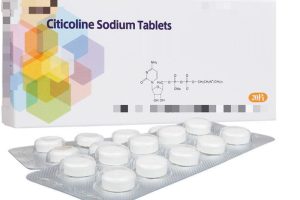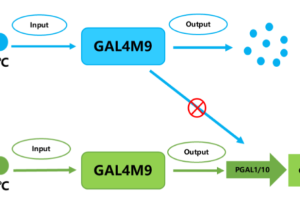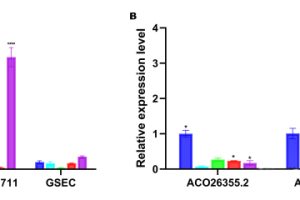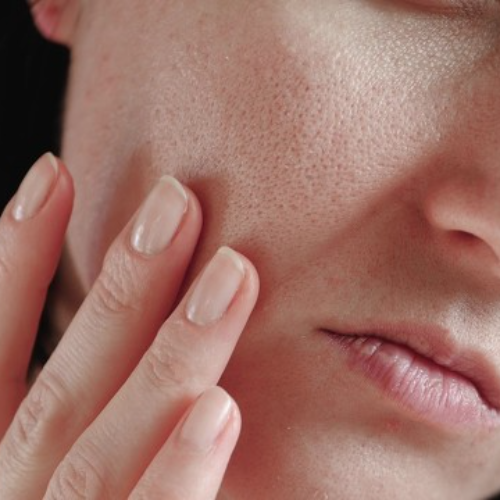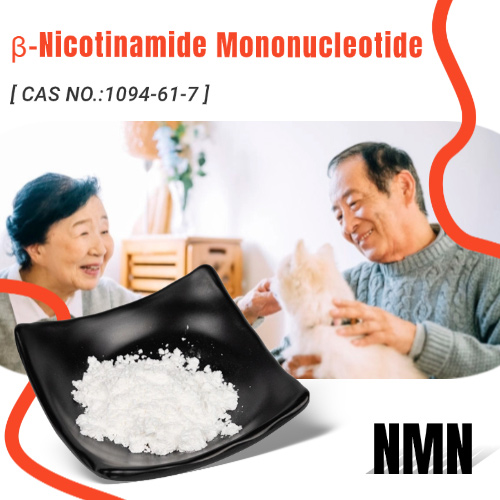Photoaging belongs to exogenous aging and is a common skin disease. It is mainly caused by sun exposure. NMN
Long-term exposure to sunlight will cause complex changes and damage to the skin.
Ultraviolet radiation is an environmental mutagen and the largest contributor to environmentally induced skin lesions, including erythema and inflammation, degenerative aging changes, and cancer.
UV radiation has many harmful effects on cells, causing direct and indirect DNA damage, each of which can lead to mutations in skin cells. Photoaging can cause about 90% of exogenous skin aging.
Therefore, inhibiting photoaging is one of the important means of skin anti-aging.
NMN has emerged as a potential solution for skin aging. NMN is a precursor of NAD+ (nicotinamide adenine dinucleotide), which can increase the biosynthesis of NAD+.
NAD+ is abundantly present in mitochondria, cytoplasm and nucleus. It is required for the addition of poly ADP-ribose to proteins and for the sirtuin activity of sirtuin enzymes, which are critical for regulating cell growth, energy metabolism, stress resistance, inflammation, circadian rhythms, and neuronal function.
β-Nicotinamide Mononucleotide widely exists in nature. In the human body, NMN mainly exists in placental tissue, blood, urine and other body fluids, and is mainly located in the nucleus, mitochondria and cytoplasm.
β-Nicotinamide Mononucleotide achieves anti-aging effects by affecting the NAD+ level in the body.
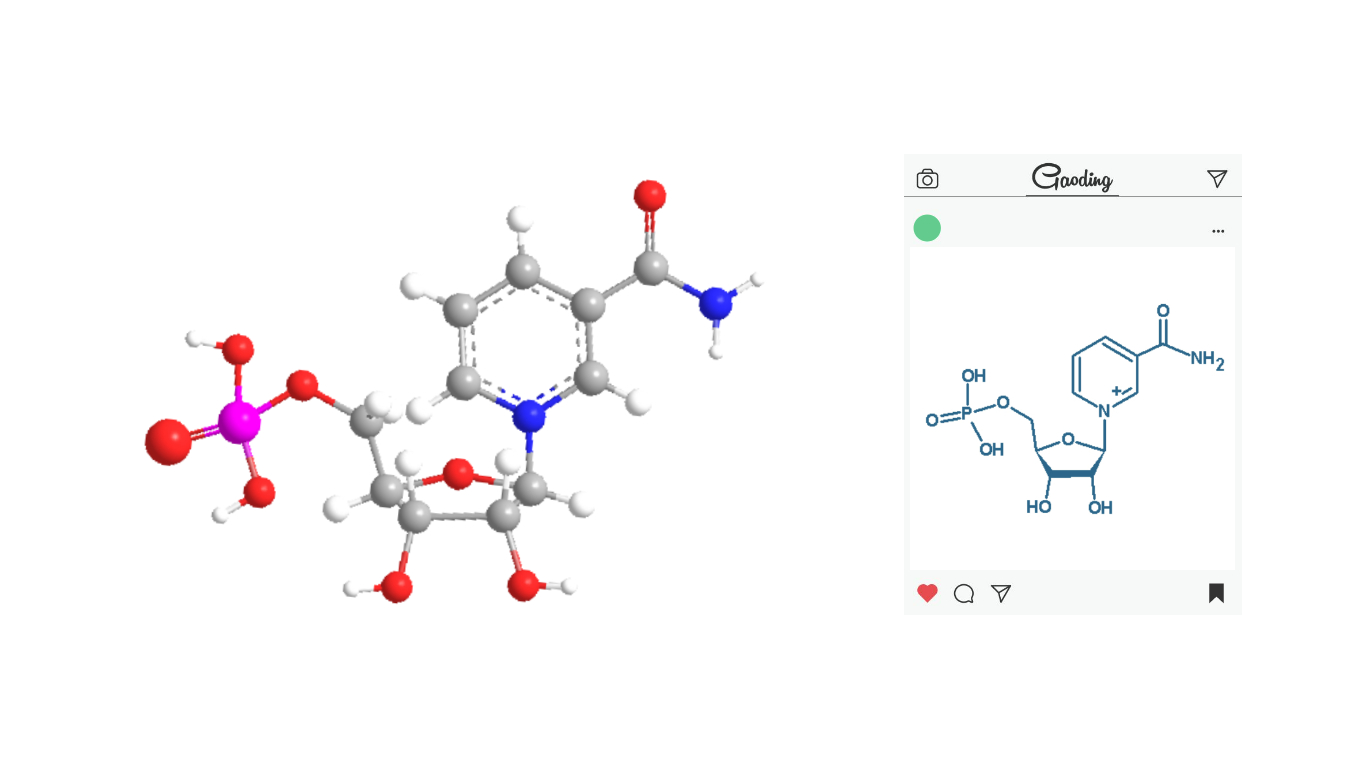
Studies have shown that the skin structure and appearance of mice irradiated by UVB will undergo obvious changes, such as thickening of the skin epidermis, dry appearance, roughness, and wrinkles.
After intraperitoneal injection of 300 mg/kg NMN, compared with the control group, β-Nicotinamide Mononucleotide can resist UVB-induced photodamage, maintain the normal and complete structure of the skin, such as the number of collagen fibers, the thickness of the epidermis and dermis, and reduce the number of mast cells. produce.
The research on the anti-aging effect of NMN mainly focuses on the way of ingestion in the body, and the anti-aging effect of β-Nicotinamide Mononucleotide directly applied to the skin still needs further research.
Tokushima University in Japan is studying a skin penetration technology (a nanoparticle drug delivery system) that allows NMN to enter human skin cells, and is observing the effect of NMN on fibroblasts and keratinocytes.
This study will demonstrate whether NMN, when applied to skin cells, can inhibit cellular aging and produce hyaluronic acid to improve skin elasticity and firmness.



